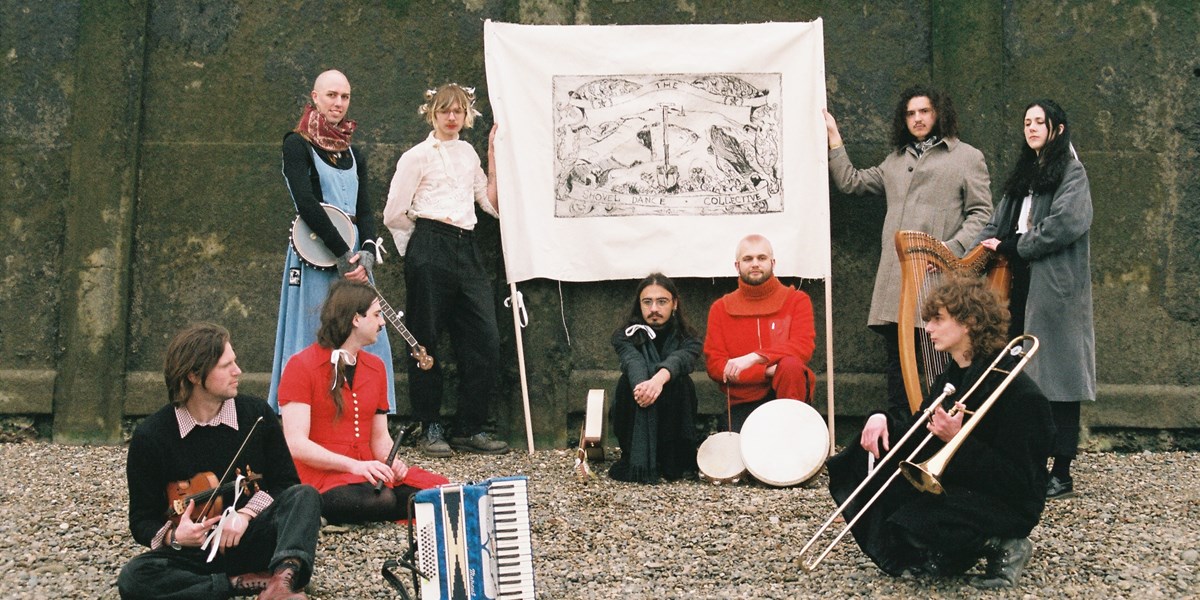Friday, March 10, 2023
Shovel Dance Collective: “It’s easy for us to tell our stories through these songs”
The forward-thinking folk ensemble speak to Sophie Parkes about audio adventures with Mother Thames and giving voice to the marginalised

©Tugce Ozbicer

Register now to continue reading

Thanks for visiting the Songlines website, your guide to an extraordinary world of music and culture. Sign up for a free account now to enjoy:
- Free access to 2 subscriber-only articles and album reviews every month
- Unlimited access to our news and awards pages
- Our regular email newsletters

